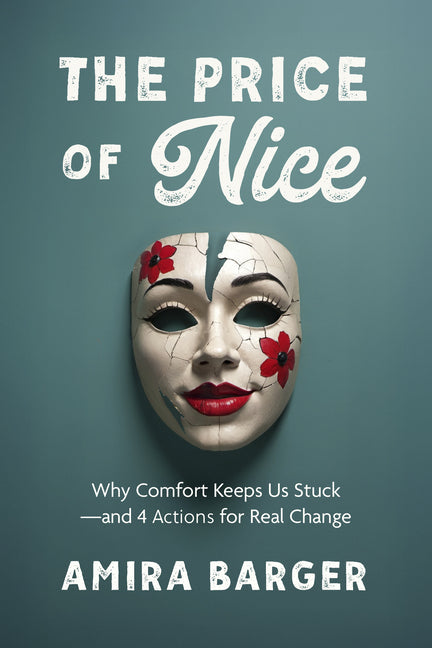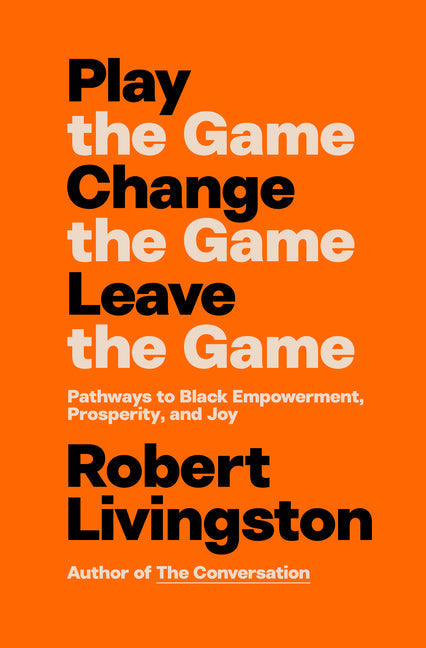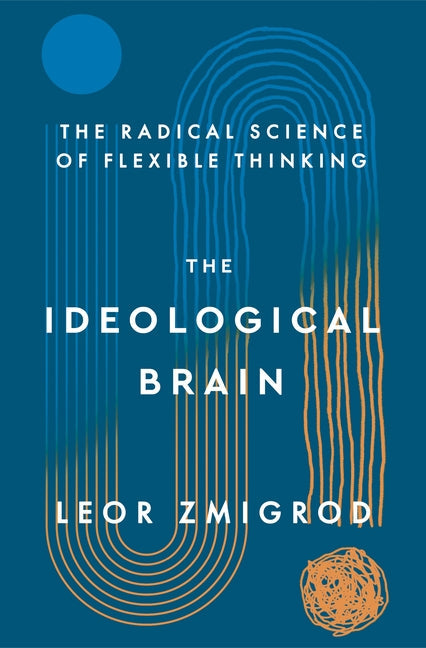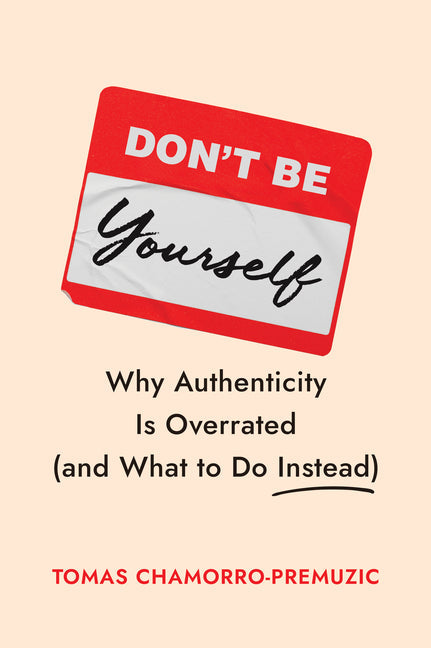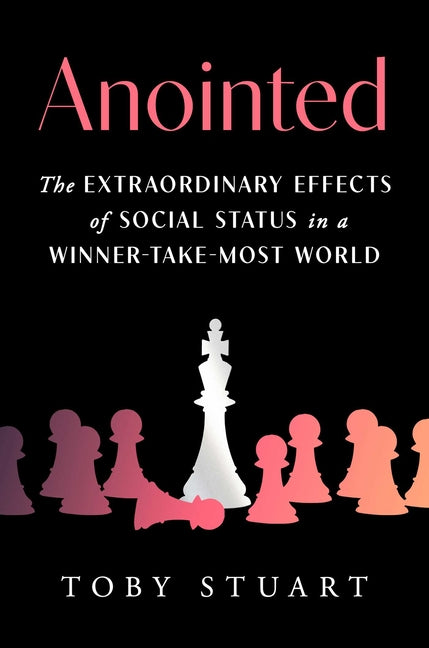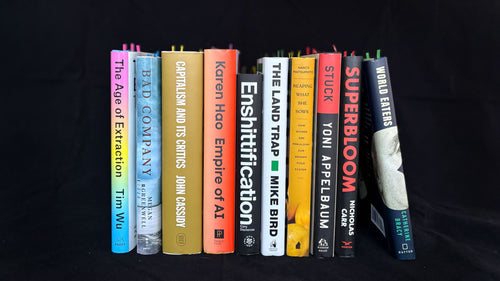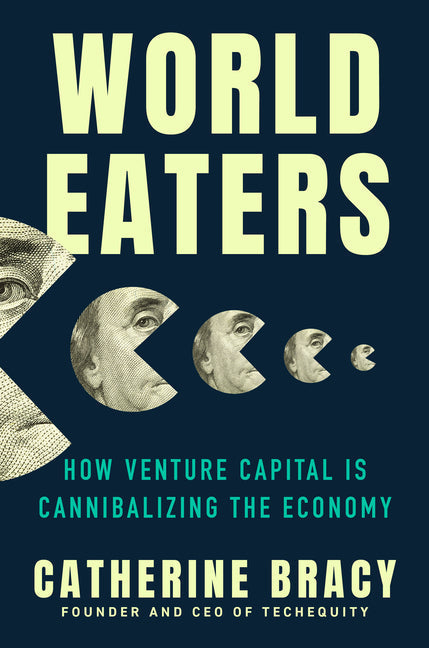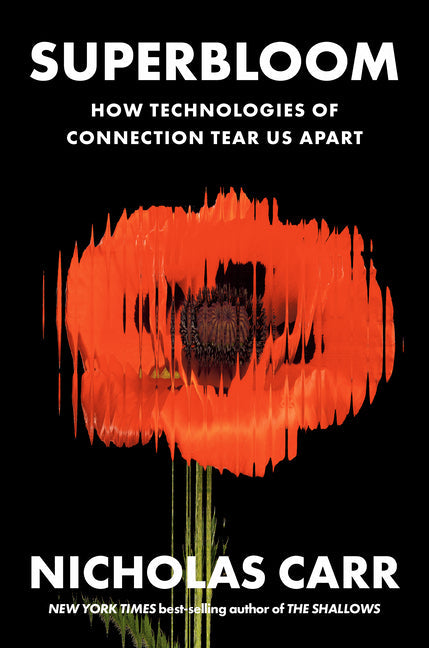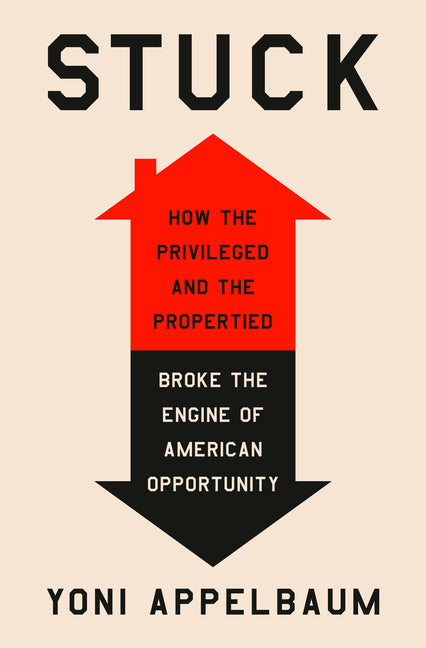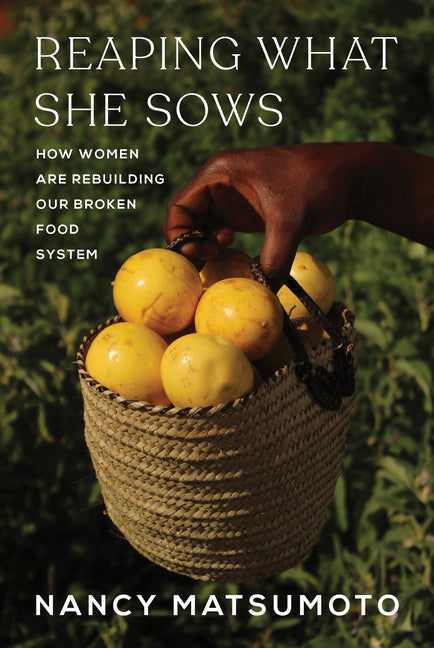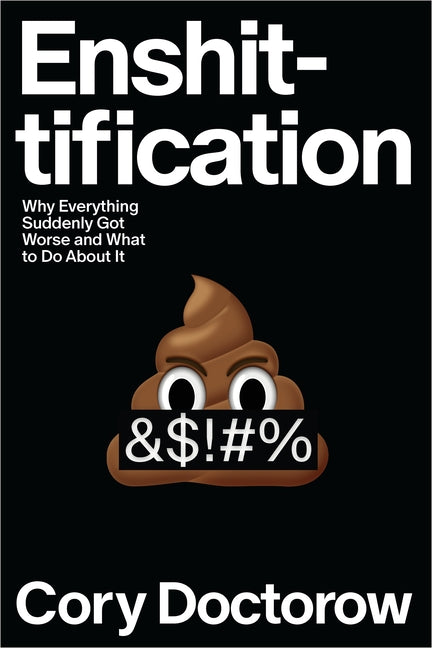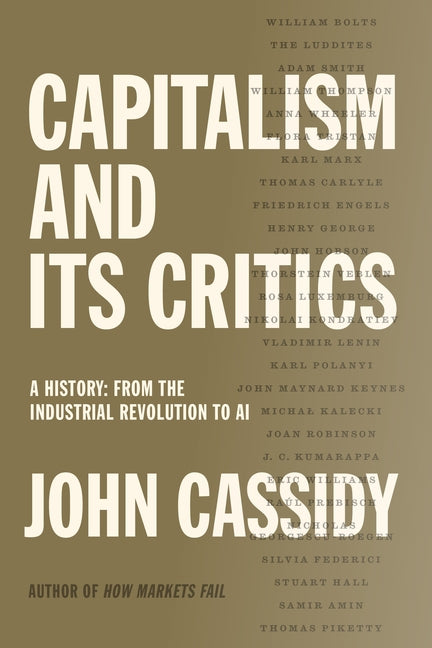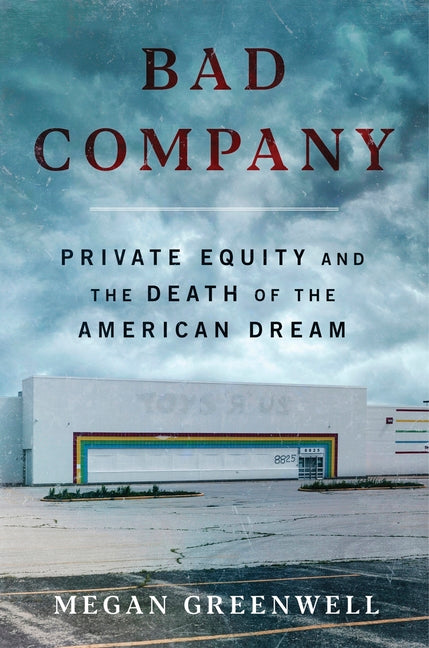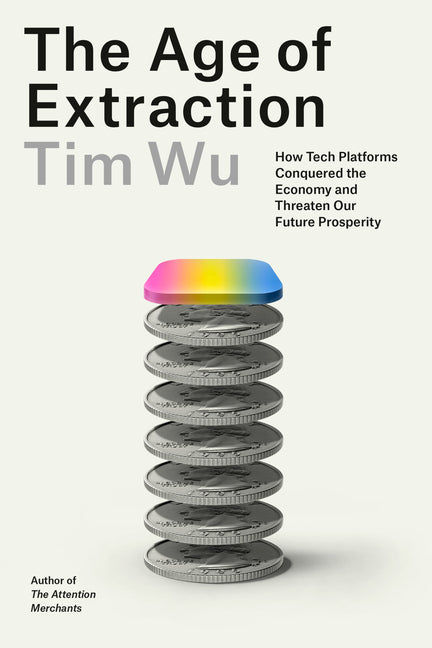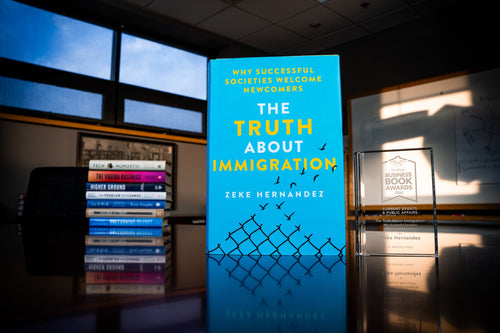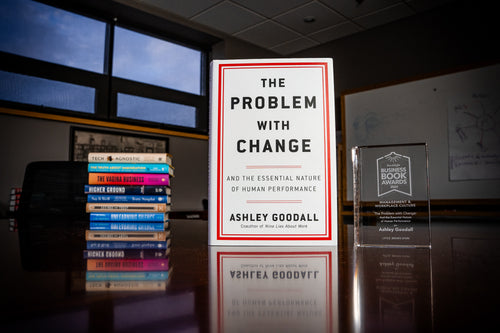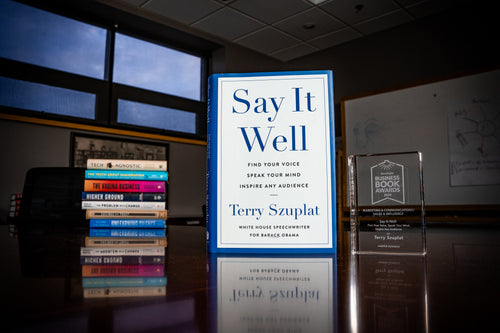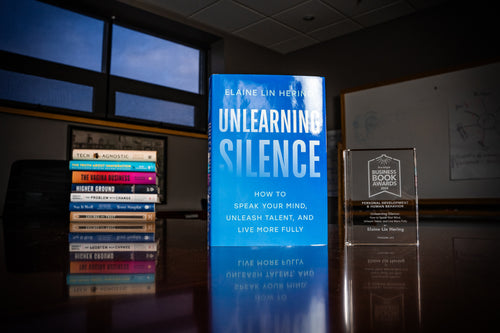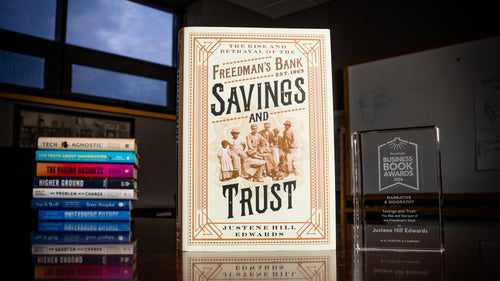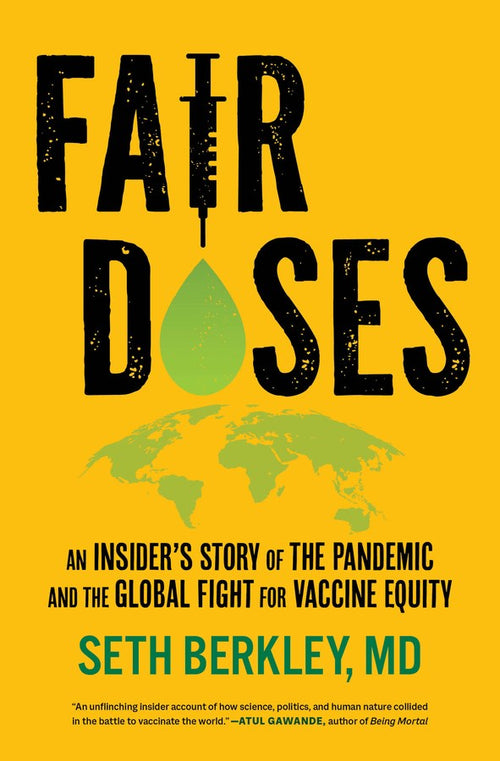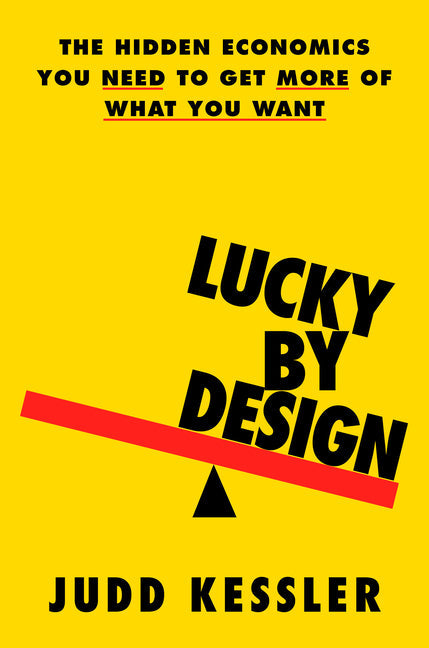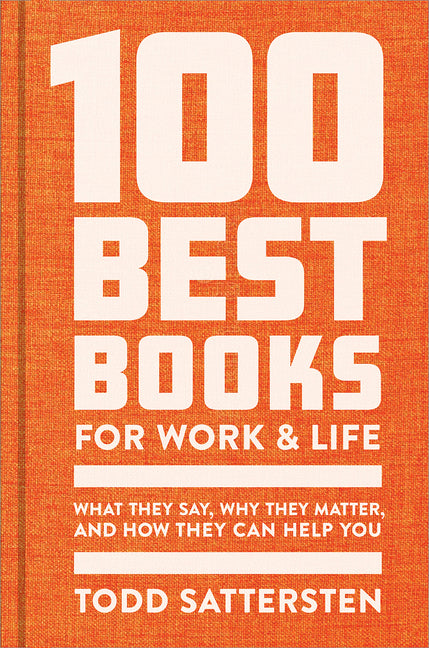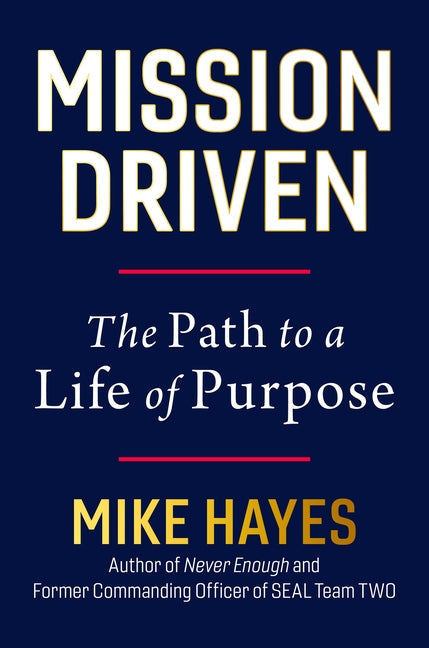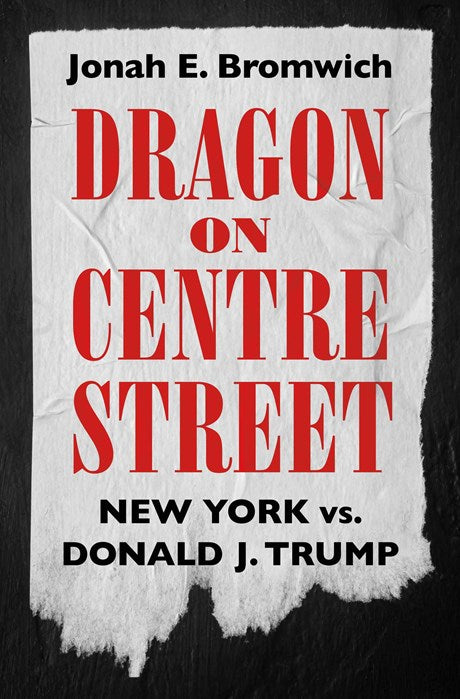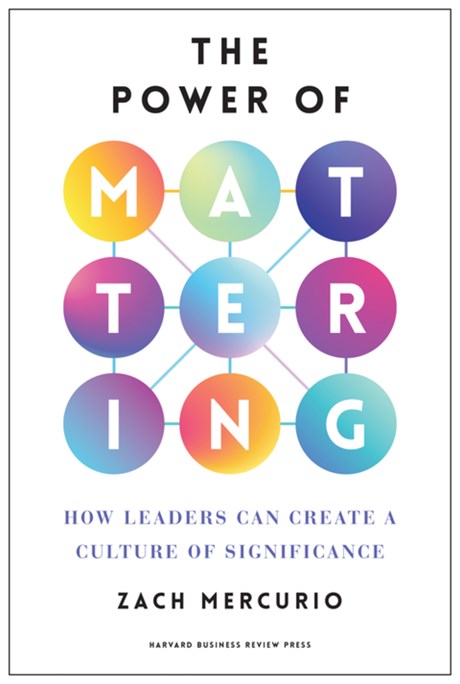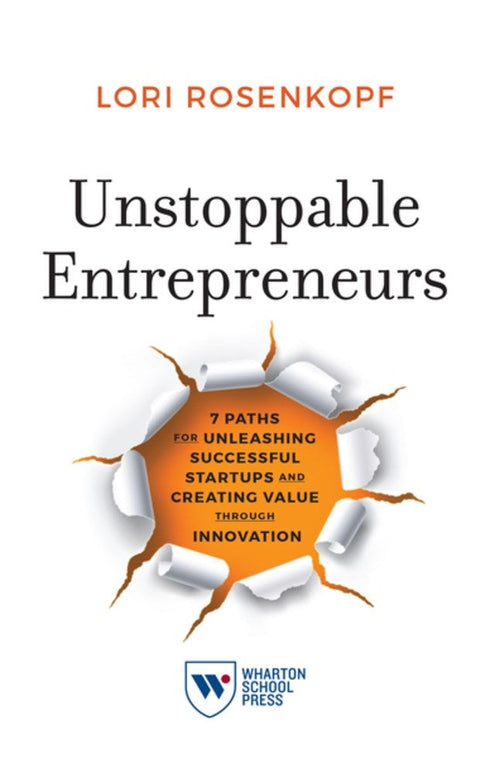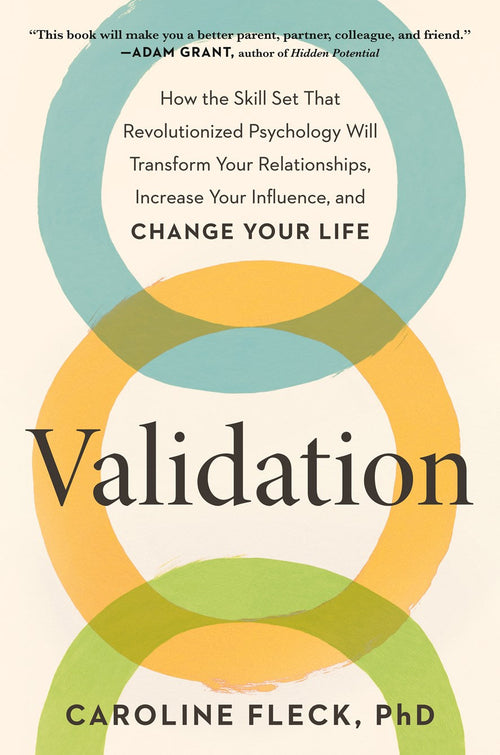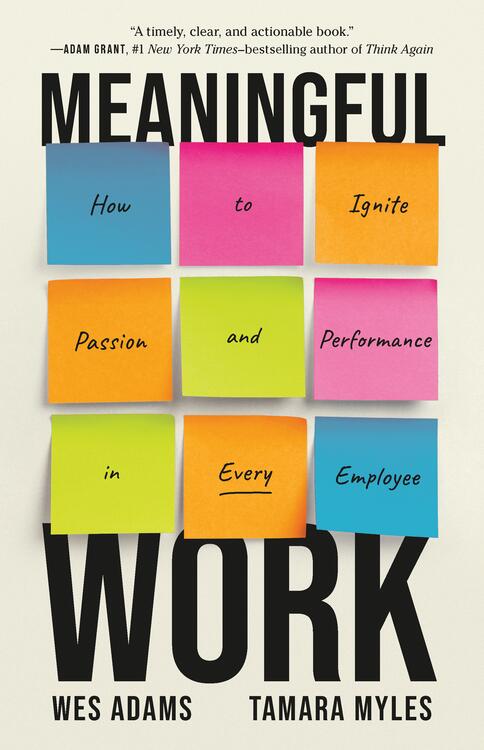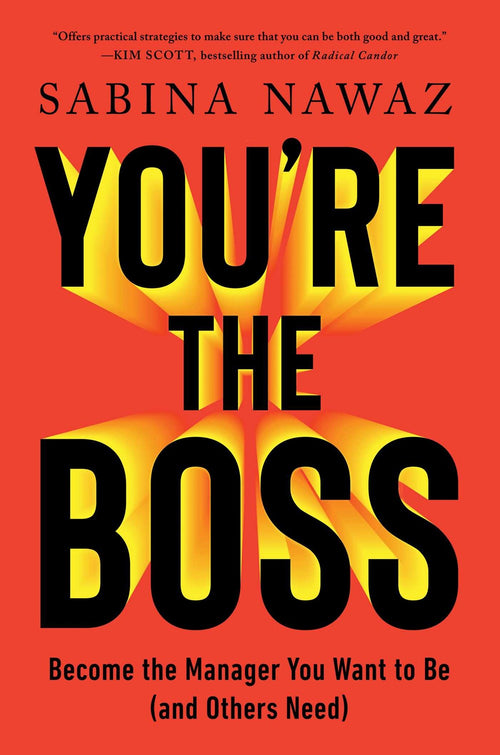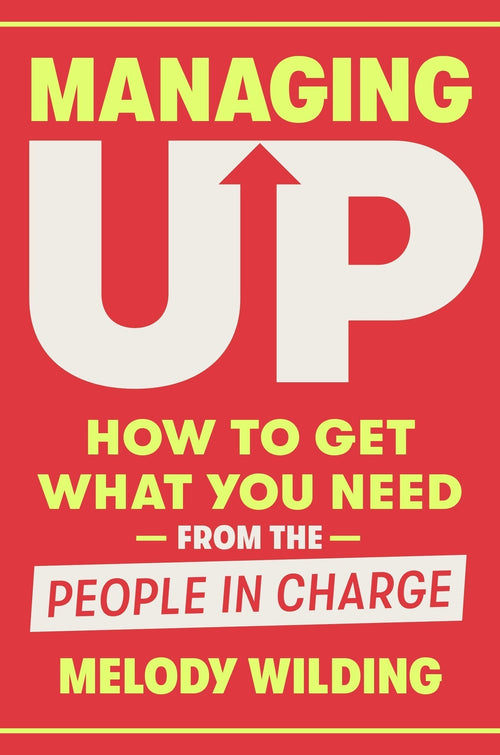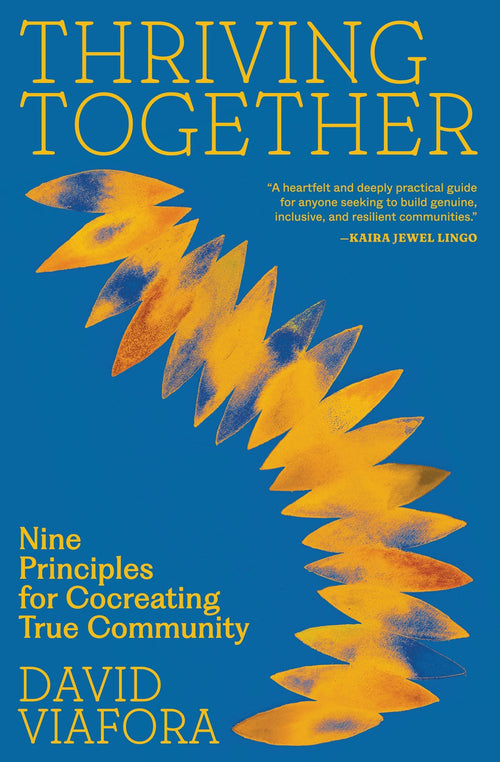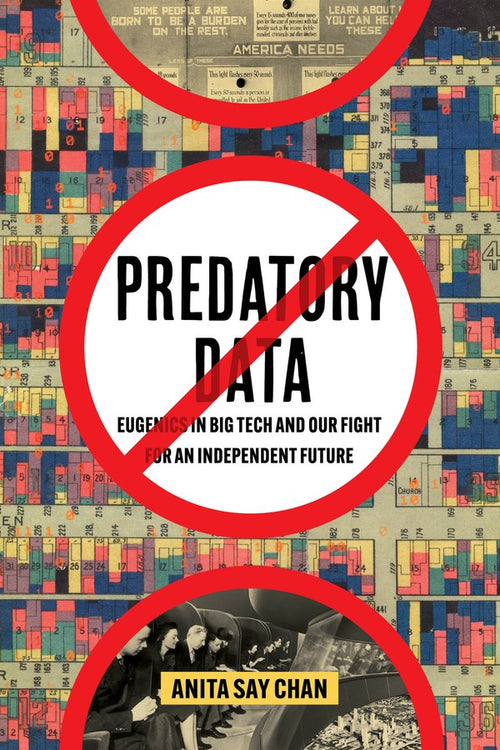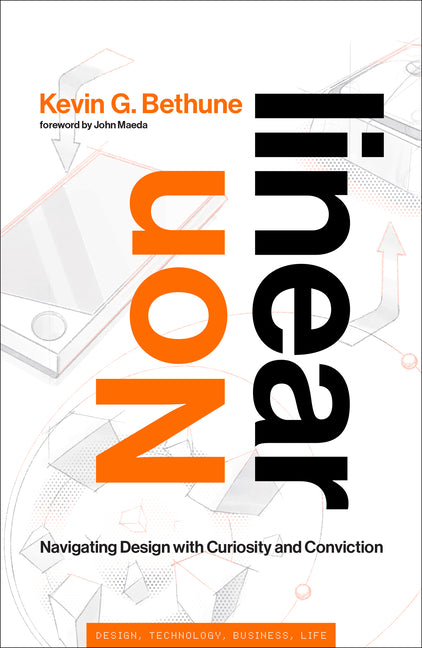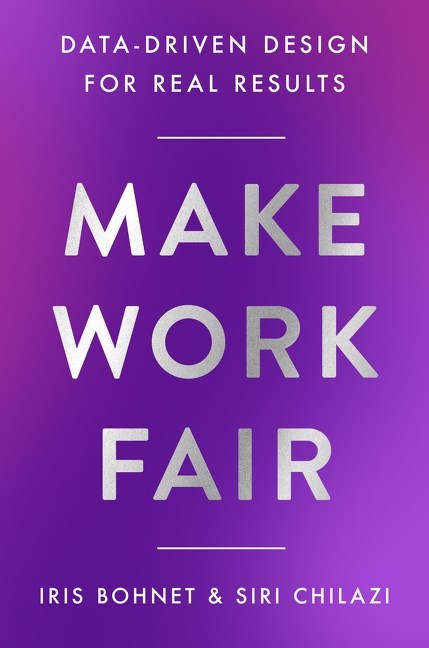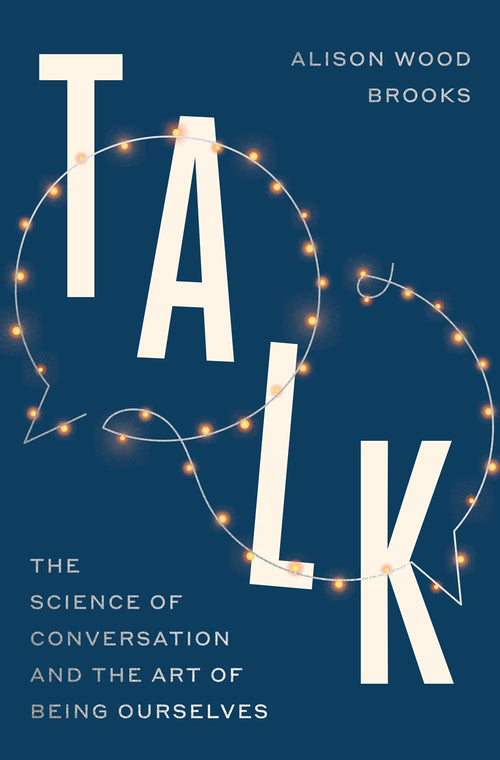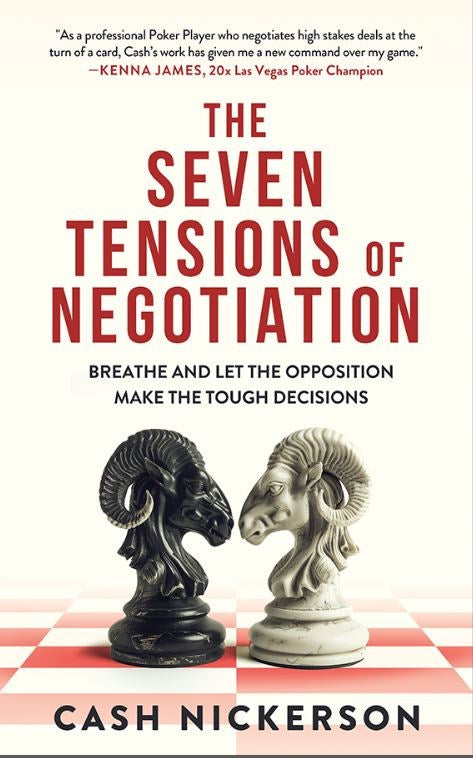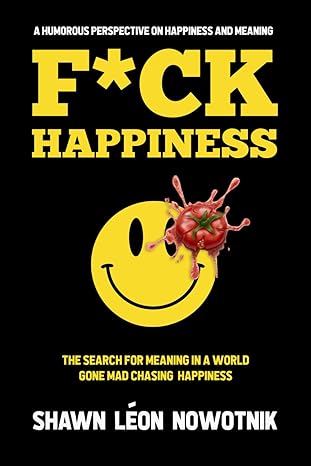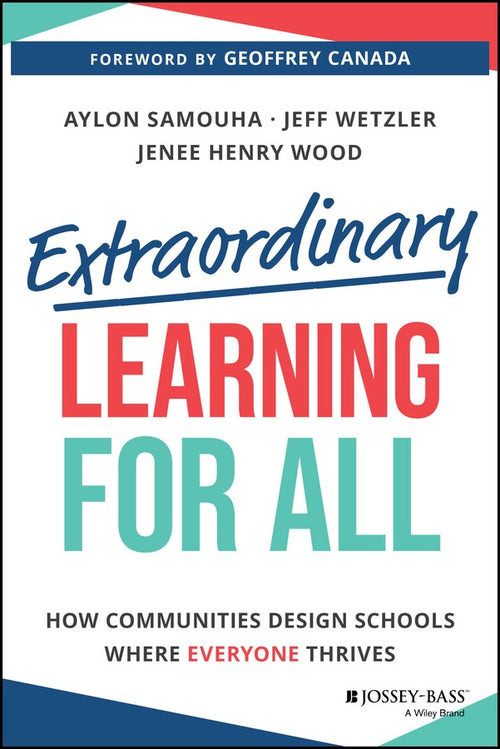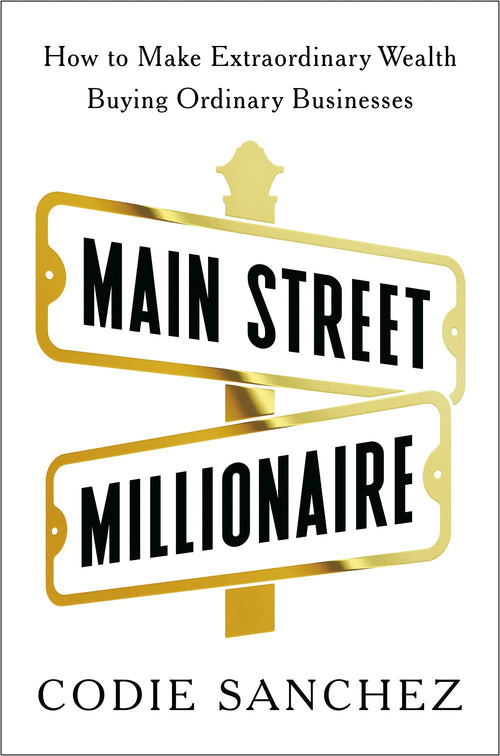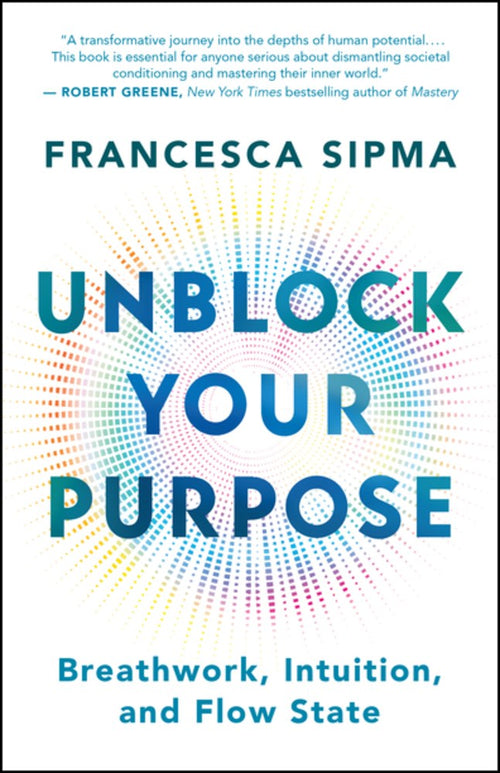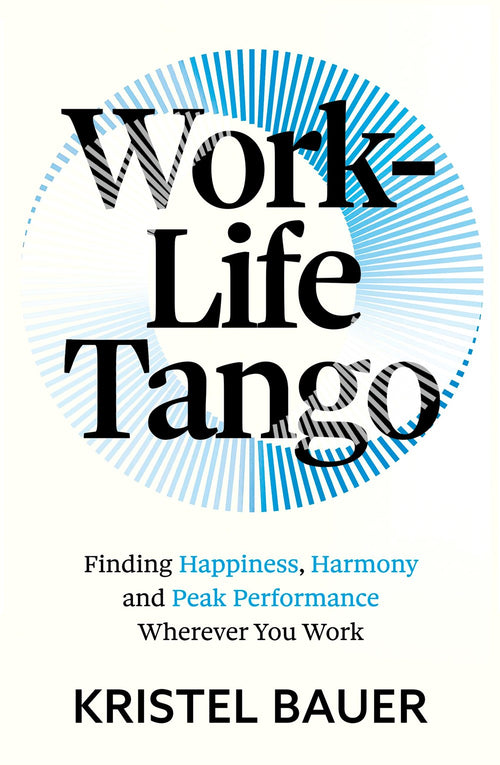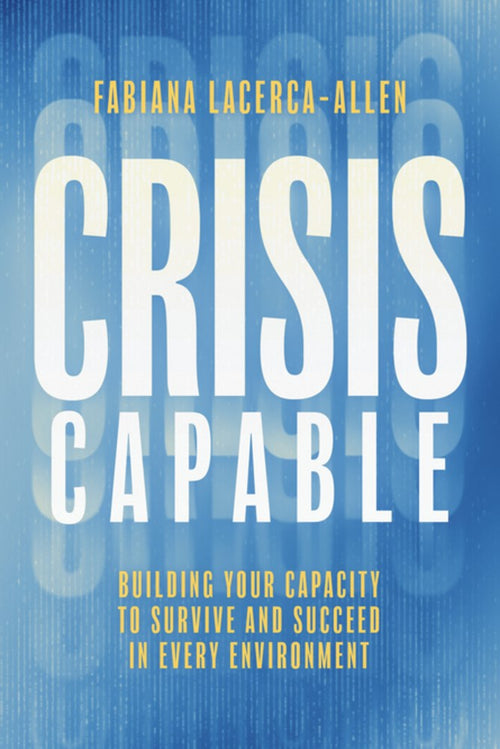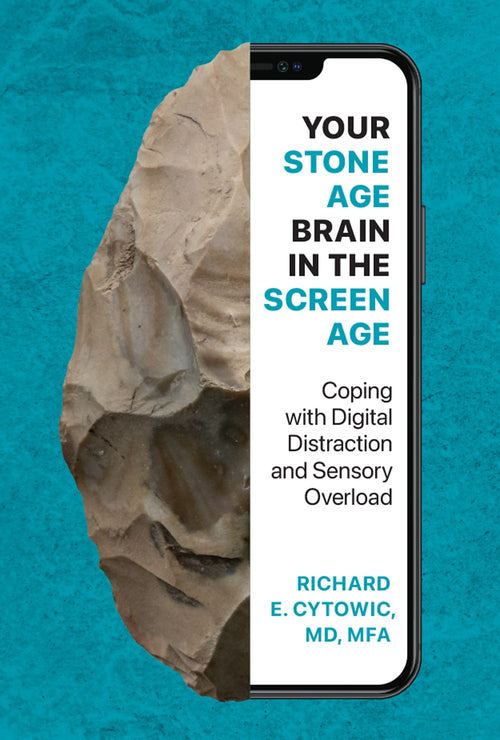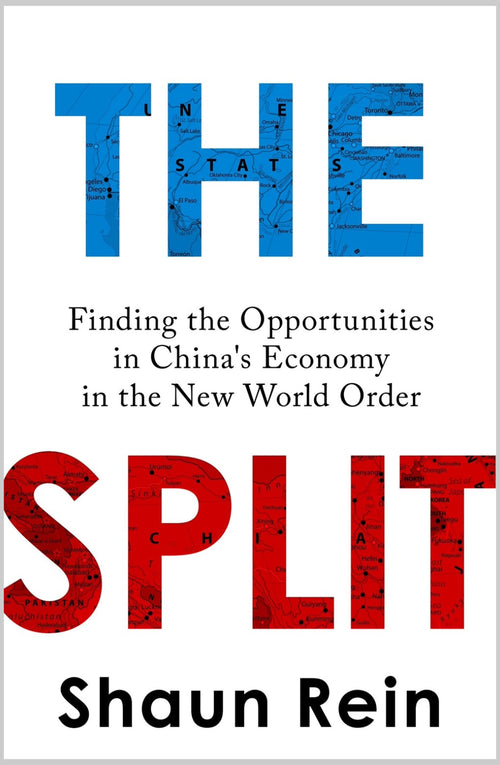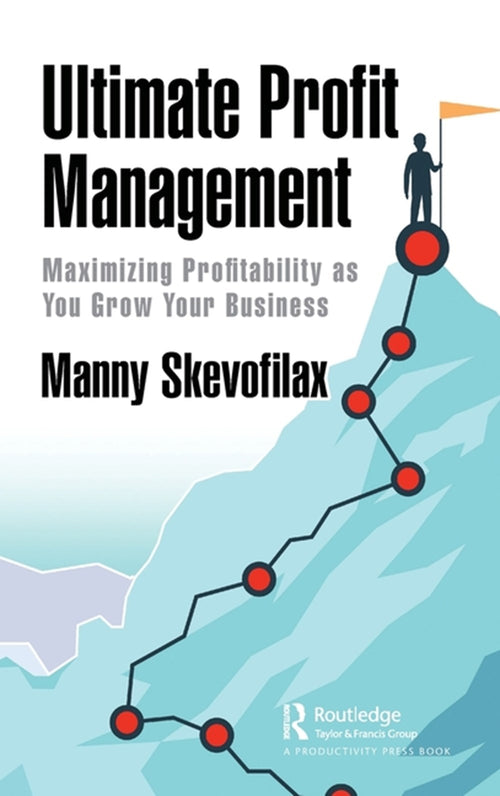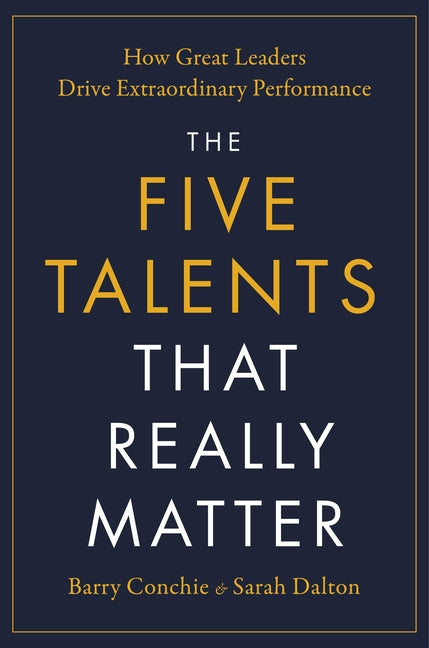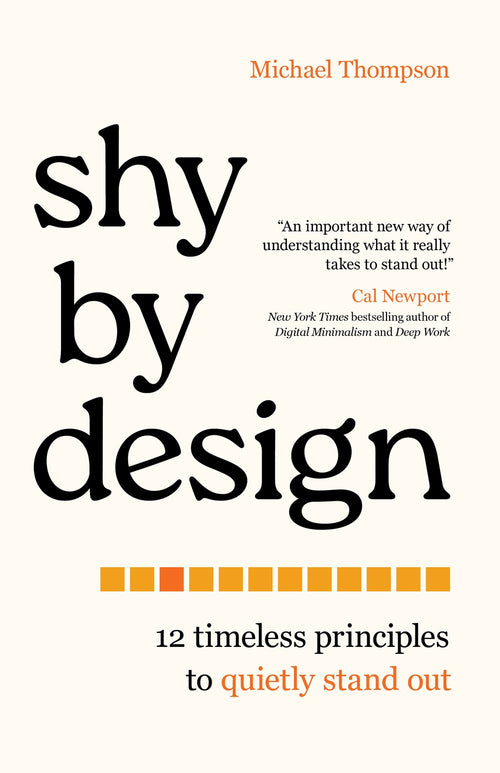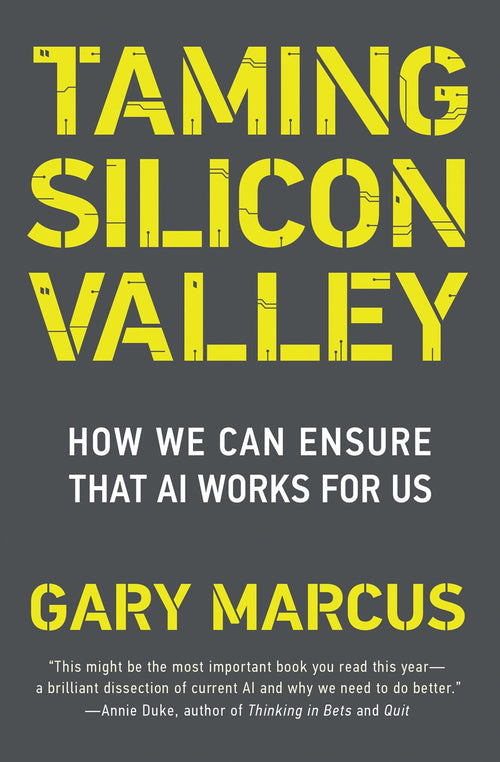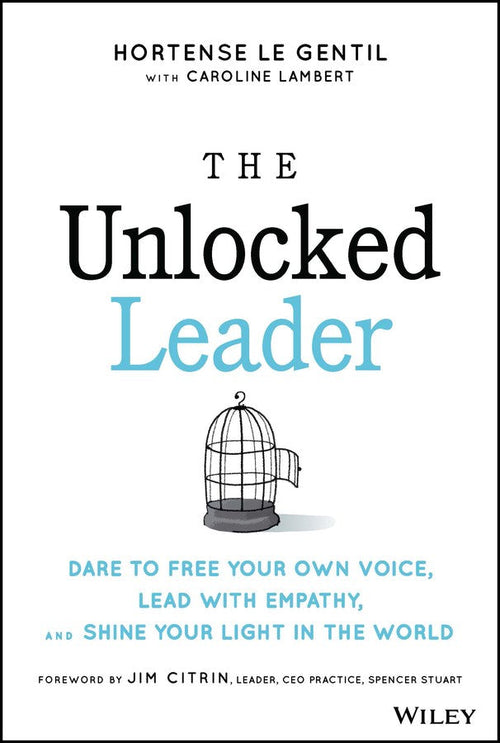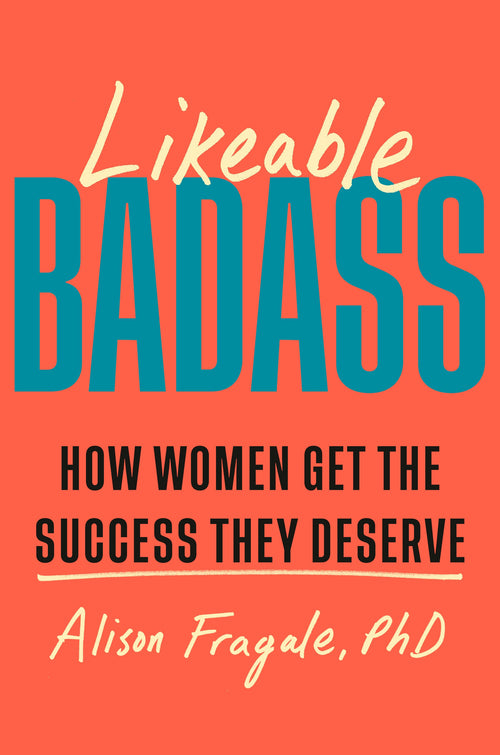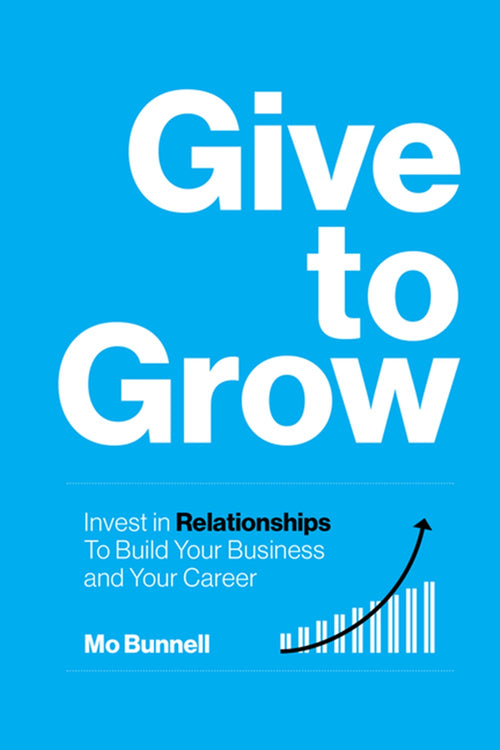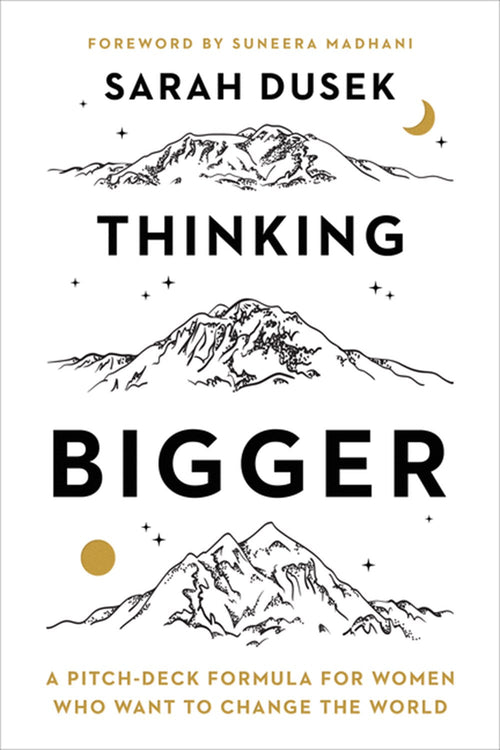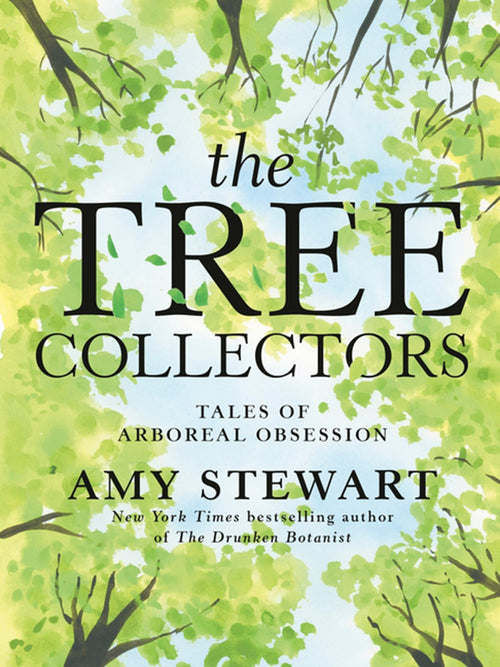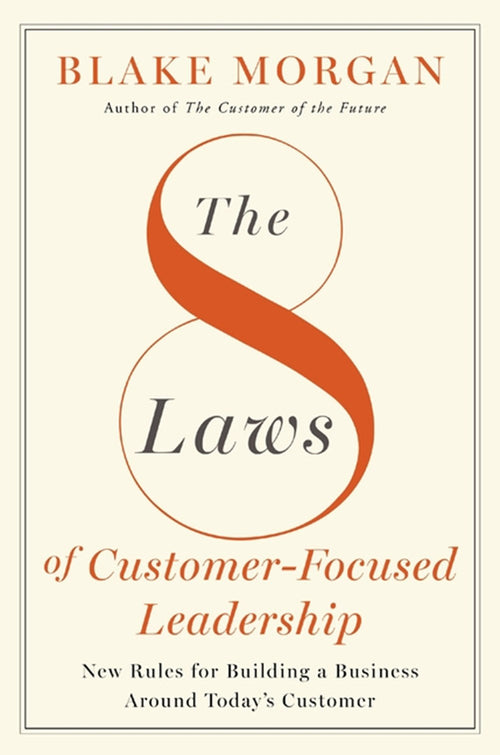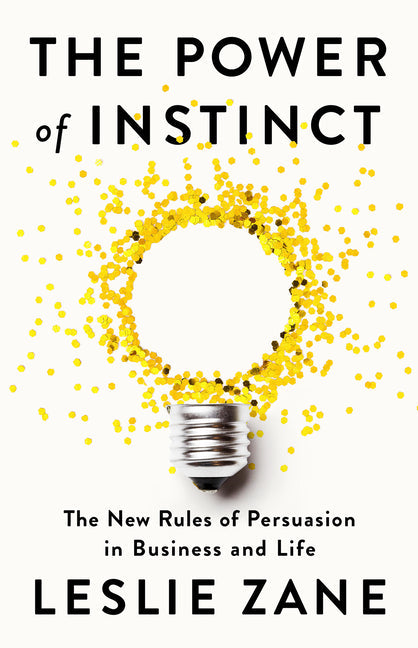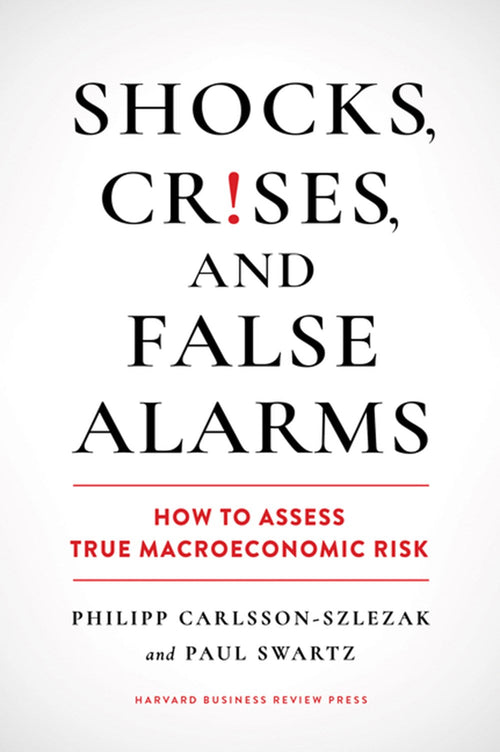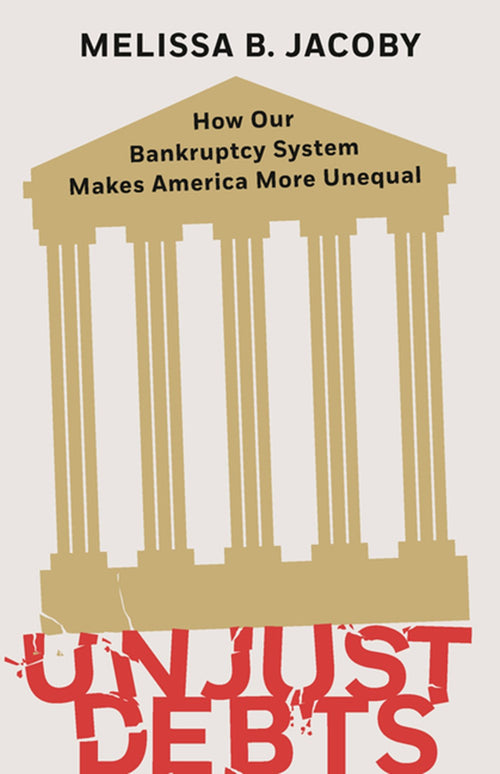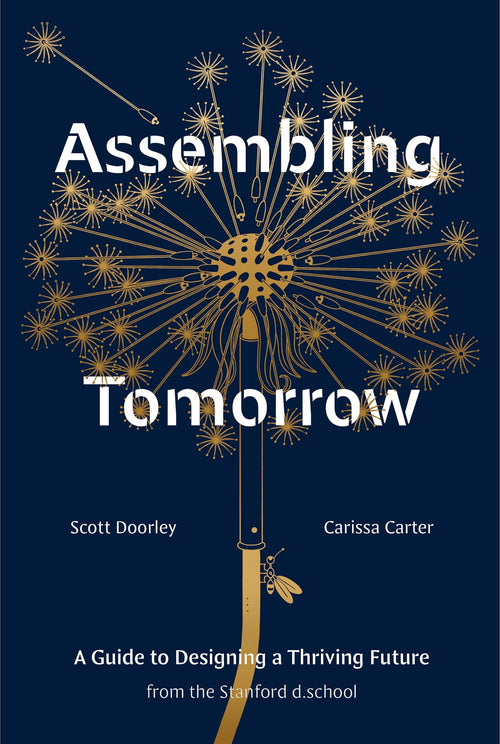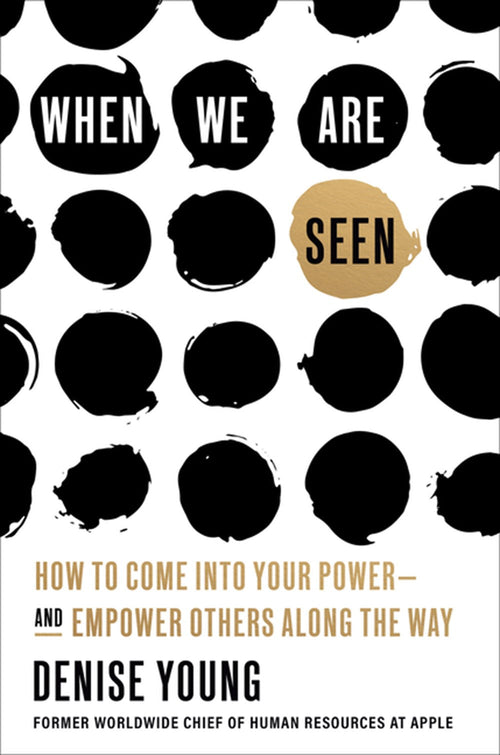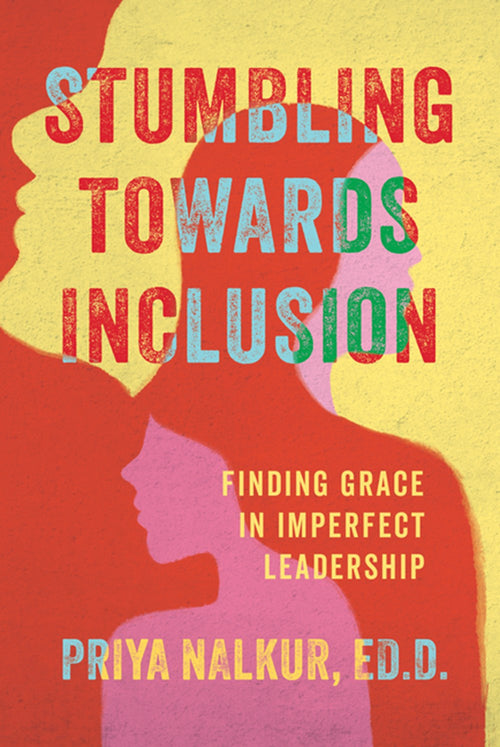Before: An Excerpt from The Beekeeper
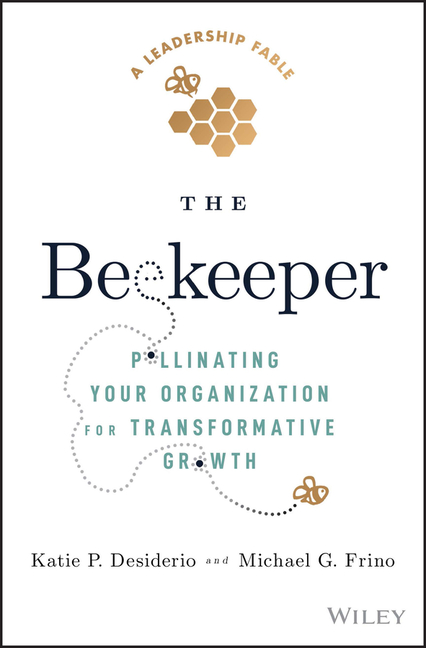 In The Beekeeper, a team of renowned management and leadership professionals deliver an insightful and engaging exploration of what it means to place oneself at the core of learning and growth for the members of your organization.
In The Beekeeper, a team of renowned management and leadership professionals deliver an insightful and engaging exploration of what it means to place oneself at the core of learning and growth for the members of your organization.
An indispensable guide for founders, entrepreneurs, managers, and executives at growing companies, The Beekeeper will also earn a place on the bookshelves of company board members looking for ways to best contribute to their firm’s ongoing success.
The following excerpt, provided by the publisher, gets the story started.

They say that big events happen in threes. For Henry Ives, this could not be truer. As he sat at the kitchen table of his childhood home, in suburban Chicago, he was reflecting on his parents’ warmth, grit, and character. These traits had been instilled in him throughout his life.
Life event number one had occurred only six months earlier. The family had known that Henry’s mom was in poor health. His children had lovingly called her Grandma, and she had been a good one. Henry and his wife, Catherine, had prepared their children, Levi (8) and Helen (6), for Grandma’s passing. Catherine’s sister and her husband had also prepared Beau, who was only 5 years old. They all had the opportunity to grow up with Grandma and were grateful for that.
They had not been prepared when Beau’s parents left this wonderful world when they were in a motor vehicle accident. Henry and Catherine had promised that they would be Beau’s guardians should anything happen, and now Beau was part of their family.
Now Mom had passed away. Henry had just finished cleaning out his family house for the new owners. They wanted to keep the kitchen table and chairs, and that was the only thing left in the house. Spread across the kitchen table were family pictures, letters, and assorted documents Henry had found in a box. One last box, one last piece of family history in the home he had grown up in.
He stared at the larger 8.5 × 11 sealed manila envelope on the table. Unbeknownst to Henry, opening this envelope would change the course of his life.
As Henry slit open the flap on the envelope, his curiosity was piqued. He pulled out a folded, handwritten note on a piece of paper, yellowed with age. It was from his father, who had passed away 20 years ago. It was dated May 20, 1964. Henry was only 12 years old then.
Henry,
I hope this note finds you as I imagine; a wonderful human being that is kind and nurturing. A while back I bought a piece of land in Iowa. It was an investment I could not resist. It was too beautiful to pass up. Here is the deed to the property, which I put in your name. The seeds here are for you. You can plant them wherever you want, but these seeds will help make the environment around you a resource that encourages purpose and happiness for others.
—Love Dad
The envelope contained a deed, a map, and a bunch of seeds wrapped in plastic wrap and masking tape, with black marker descriptions printed across the tape. He read the names on the masking tape: sunflowers, clover, black-eyed Susans, lavender, mint, elderberry, snapdragons, zinnias, and dandelions. The deed indicated that the property was about 2,000 acres, roughly 3 square miles, purchased May 20, 1954, for $5,600.
He smiled and chuckled, thinking this was more stuff to deal with, but that reminded him of all the loss, and he held back tears. He knew his father had wonderful intentions.
He opened up the map and looked for the property. It was in the middle of nowhere in Iowa, but not far from a main highway and with a stream running through a large lake. He put the seeds back in the envelope, folded up the map, and set the envelope aside. This was life event two!
As he drove away from Chicago, Henry looked in the rearview mirror at his childhood home, watching it become a distant dot. He needed to get back home to Minnesota, as he had just sold his marketing firm and was finalizing the deal. He promised to stay on as CEO to help with the transition for the next few years. His company was thriving, and the people who worked for his firm were the reason the company was able to grow so fast.
When Henry returned home, he shared with his wife the news of their recently acquired property. His wife seemed excited and equally curious. She smiled and said, “Maybe we could move there someday and raise our kids on a farm.” Henry chuckled, but his mind was turning, and a lightbulb went off – the idea was not terrible. What would he do after he transitioned the company? He needed something new to keep his mind busy.
A few weeks later, Henry told his wife he was going to check out that property in Iowa. It was going to be about a seven-hour drive. Along the drive, he was possibility focused – he was curious and intrapreneurial.
When he arrived, he parked his bright red pickup and pulled out the map of the property. The aerial view showed that the property was shaped like a teardrop. Markings indicated that the land was a combination of brush, dirt, and native trees. He got out and looked around. He could not tell where the property began or ended, but there was a path that led into the property and it looked like his truck could handle it, so he hopped back up in the cab and put it in drive.
On the property was a large lake, spanning 10 acres, and several tributaries that fed the lake; it was so beautiful. The streams were not stagnant, nor was the lake. Henry could hear moving water, which meant there was a larger body of water somewhere upstream fueling this zenful sound.
Henry drove about 1.5 miles straight to the center of the farm. He got out of the pickup and began walking around. He found some larger stones and marked out a circle 3 feet in diameter. This spot would one day be the heart of growth. He wanted the property to be colorful, so he reached into his pocket and pulled out the plastic-wrapped seeds.
Henry walked out of the circle that he had created with the rocks and began planting his father’s seeds on the property with a handheld gardening spade. He planted the sunflowers first, then he planted the black-eyed Susans. Henry made an area specifically for the clover, lavender, mint, and elderberry, just up from the circle. The snapdragons, zinnias, and dandelions were planted sporadically around the property. He listened for the water, walked toward the sound, and found another stream. He followed the stream toward the lake, planting impatiens along the way. In the lake, there were some lily pads, milkweed, and cattail. He wondered if he should have brought his fishing pole, as the lake was active. Small minnows were feeding by the bank and trying to avoid the larger fish that were jumping and rolling on the surface.
In about three years, Henry thought, he would begin transitioning this property into what would later be known as the H. Ives Family Farms. By then, Levi, Helen, and Beau would be old enough to help him and Catherine build the farm into the vision that was forming in his mind.
As Henry drove his truck back toward the main road with his windows down and the breeze hitting his face, it struck him that the red machine stood out like a sore thumb on the property. He slowed down and put the truck in park, getting out one last time to admire the property. As he turned back, Henry noticed a bee on the hood of the truck. A single bee. He smiled and got back in the truck, capturing the image as clearly as if he had taken a photograph. This spot, Henry decided, is where he would build a house, where he would return with his family. This was life event number three!
Excerpted with permission from the publisher, Wiley, from
The Beekeeper: Pollinating Your Organization for Transformative Growth
by Katie P. Desiderio and Michael G. Frino.
Copyright © 2023 by John Wiley & Sons, Inc.
All rights reserved.
This book is available wherever books and eBooks are sold.


